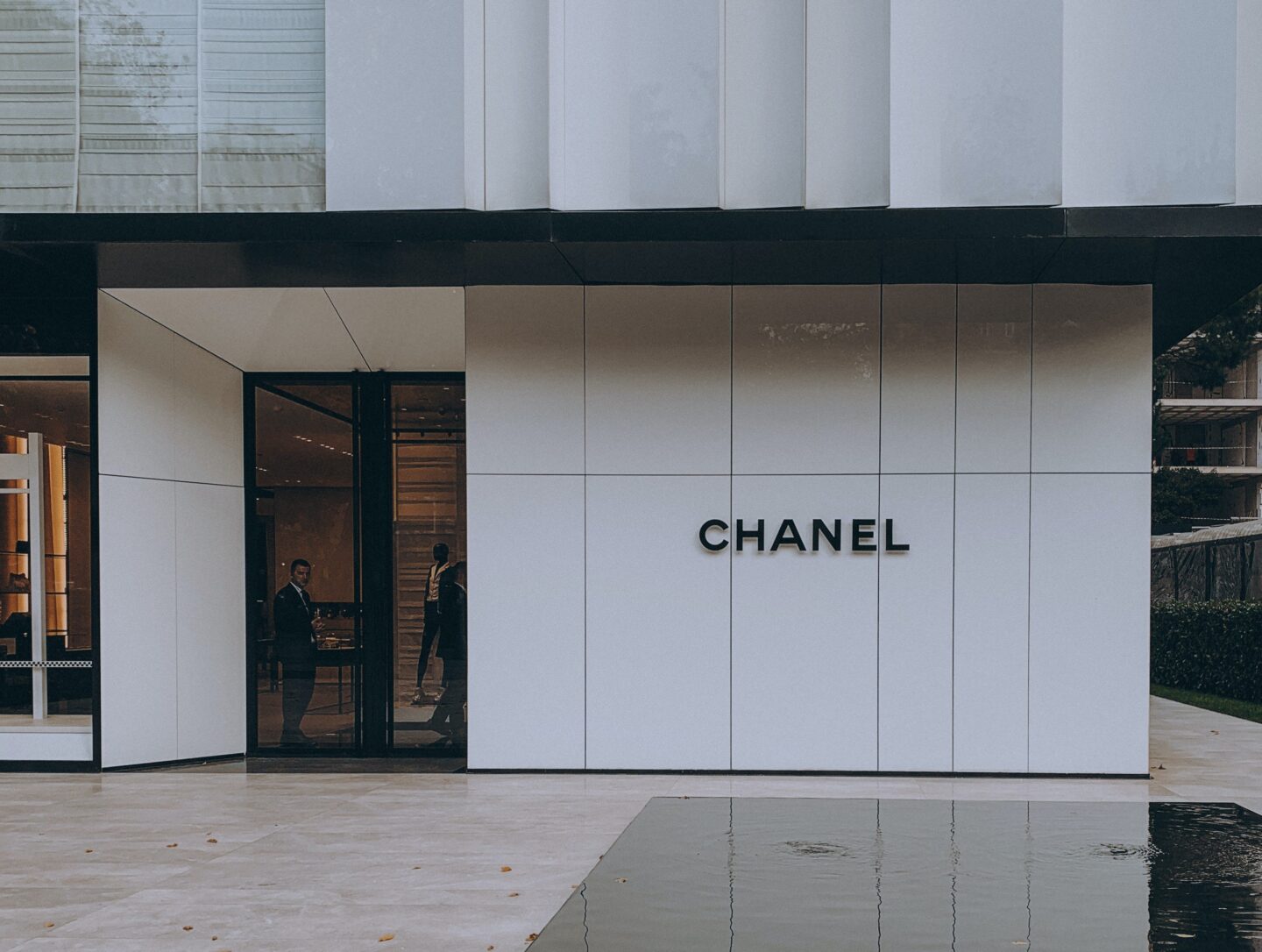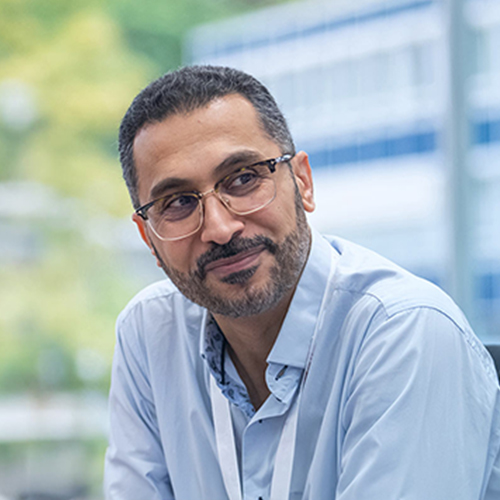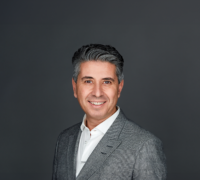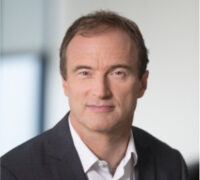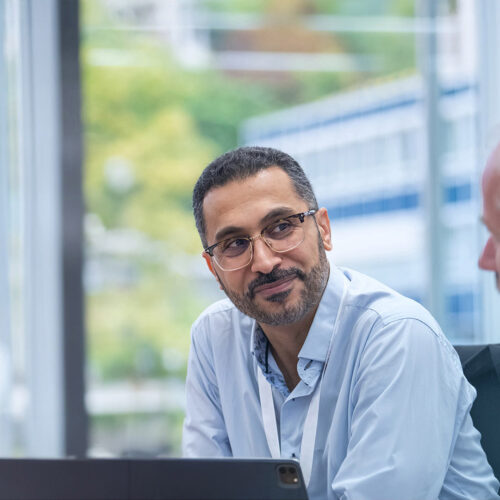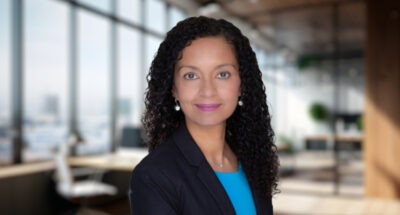Innovation will be crucial, and brands will use data and innovation to reinvent the supply chain. There will be more and more cross-collaboration, both with external partners and in-house businesses, and the sector will have to invest in continuous learning for its talent to stay ahead.
So, what challenges will this present for the finance function? CHANEL’S Global CFO Philippe Blondiaux recently gave us answers during a webinar organized by the IMD Luxury Forum 2050.
CFOs must confront greater complexity
When Blondiaux first became a CFO, at the age of 24, the job was much simpler. Even the world, divided at the time into an Eastern and Western bloc, was easier to understand.
Over the past 5-10 years, the role has become broader, and CFOs have had to get to grips with complex questions, data and data models being one, the growing importance of environmental, social, and governance (ESG) reporting norms, being another, he said. While a decade ago, Blondiaux believes he had the knowledge and skills to step in for any of his direct reports if they were off sick, today this is not the case. “I think you have to accept, in a number of areas…not to have all the answers,” he said.
Companies have typically measured their performance in the past in terms of operating profit. But this is now changing. “In the future, it’s kind of obvious to me that the CFO will have to be the guardian of the company performance, but company performance defined in a much broader way and including the particular impact companies have on society,” he said.
A particular challenge for high-end luxury brands will be reducing emissions. CHANEL has pledged to halve absolute carbon emissions from its own operations by 2030 and cut those in its supply chain, known as Scope 3 emissions, where the majority of its environmental footprint lies. Yet rising sales, and a current lack of eco-friendly alternatives to critical raw materials for the industry, such as leather, mean this is no easy task.

Audio available
